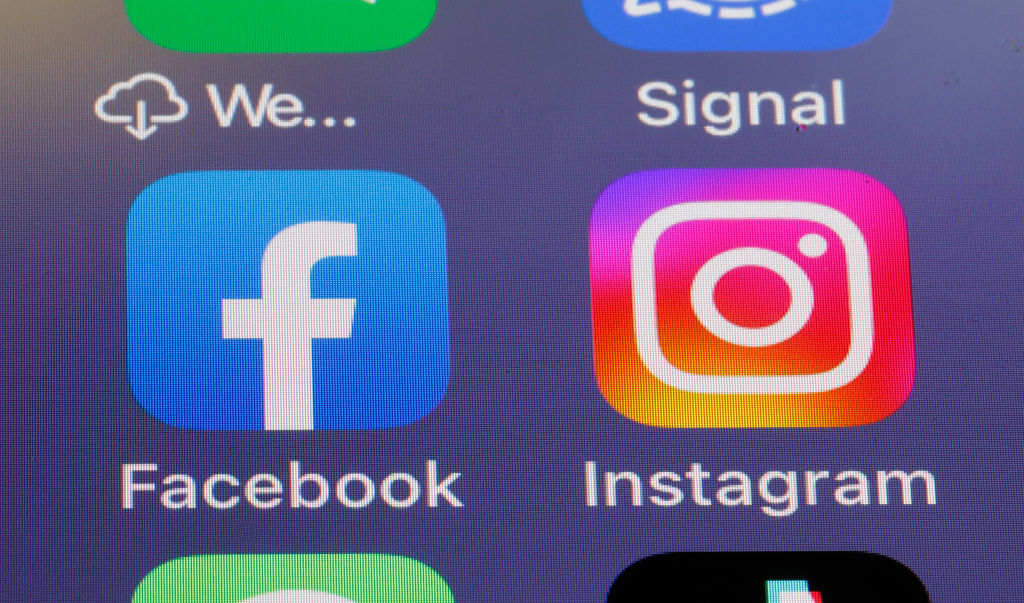How Generative AI Impacted Global Elections: A Year in Review
At the beginning of this year, there were major worries swirling around the potential of generative AI to meddle in elections across the globe, fueled by fears of propaganda and disinformation. As we close the year, Meta, the parent company of Facebook, Instagram, and Threads, has stepped up to say that these fears didn’t quite materialize on its platforms. They’ve reported that the technology’s impact remained limited during critical elections worldwide.
Meta’s Findings
Meta’s insights are based on a closer look at several significant elections, including those in the U.S., Bangladesh, Indonesia, India, Pakistan, the EU Parliament, France, the U.K., South Africa, Mexico, and Brazil. According to a blog post from the company, these elections saw minimal influence from AI-generated content. They stated, “While there were instances of confirmed or suspected use of AI in this way, the volumes remained low, and our existing policies and processes proved sufficient to reduce the risk around generative AI content.”
In fact, during the election periods across these countries, the content flagged as AI-generated concerning elections and politics accounted for less than 1% of all misinformation that was fact-checked.
Preventing Deepfakes
One of the proactive measures taken by Meta included its Imagine AI image generator, which rejected 590,000 requests to create images of prominent political figures such as President-elect Trump and Vice President Harris in the month leading up to election day. This effort aimed to shut down any attempts to create misleading deepfakes tied to the elections.
The Effectiveness of AI Regulations
In addition to this, Meta noted that coordinated networks trying to spread false information via generative AI made only small strides in generating content. Remarkably, the use of AI didn’t hinder Meta’s ability to dismantle these covert influence campaigns. Their approach focuses more on the behaviors of accounts rather than the content they produce, regardless of any AI assistance.
Throughout the year, Meta also terminated around 20 new covert influence operations worldwide to thwart foreign interference. Most of these disrupted networks had fake audiences; some inflated their popularity using fraudulent likes and followers.
A Broader Perspective
Interestingly, Meta chose to draw comparisons with other platforms, pointing out that disinformation videos linked to Russian operations about the U.S. elections frequently surfaced on X (formerly Twitter) and Telegram. This reflects a broader challenge that goes beyond just one social network.
Looking Ahead
As Meta reflects on the lessons learned throughout this eventful year, they assured users that they will continue to review their policies and announce any necessary changes in the coming months.
So, what does all this mean moving forward? While the impact of generative AI in elections was less daunting than anticipated, vigilance remains essential. The landscape of technology is ever-evolving, and potential threats can arise unexpectedly.
The AI Buzz Hub team is excited to see where these breakthroughs take us. Want to stay in the loop on all things AI? Subscribe to our newsletter or share this article with your fellow enthusiasts.




